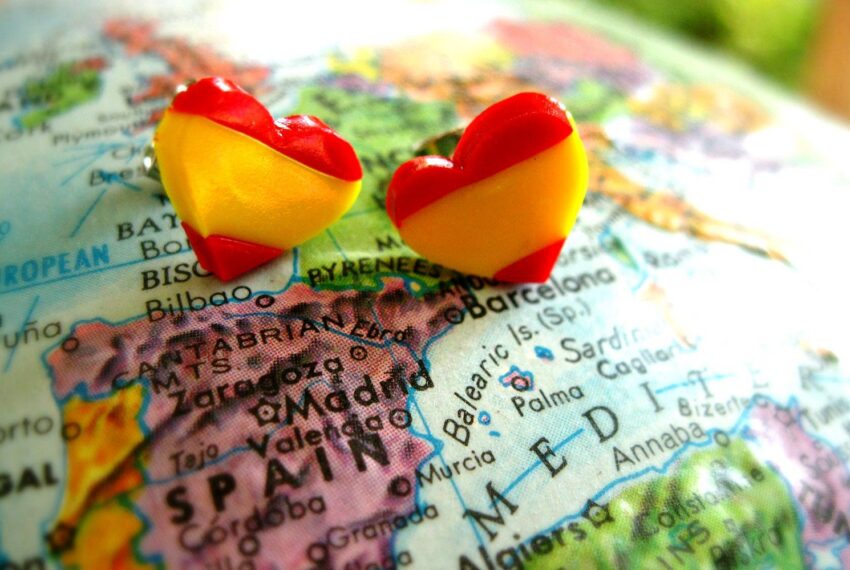
In Spain, Valentine’s Day, known as Dia de San Valentin, is celebrated with warmth and romance. On this day, couples exchange expressions of love and attention. Restaurants and cafes are decorated in a romantic style and the streets are decorated with red hearts.
Traditionally, Spaniards prefer candlelit dinners in restaurants, which create a special atmosphere for lovers. In addition, it is popular to take romantic walks in beautiful places of the city.
As for gifts, along with the classic flowers and sweet treats, handmade or personalised gifts are common in Spain. Gifts related to art and culture, such as tickets to concerts, theatre performances or visits to art galleries, have also become popular.
Overall, Valentine’s Day in Spain is a day filled with love and is celebrated with a special attention to romance and detail.
Valentine’s Day traditions and customs may vary slightly from province to province in Spain, while maintaining their unique flavour and cultural characteristics.
1.Catalonia:
Catalonia traditionally celebrates the “Day of Books and Roses.” On this day, men give books to their favourite women and women in turn give roses to the men.
2.Andalusia:
In Andalusia, many couples prefer to dine together in the open air. It is also common to give handmade gifts that symbolise individuality and care.
3.Castile and Leon:
In addition to traditional gifts, music events and festivals are also popular in these regions where couples can enjoy concerts and dances together.
4.Basque Country:
Traditional festivals with songs and dances can be held here. Handmade gifts created with love and creativity are also appreciated in this region.
6.Valencia:
In Valencia, in addition to traditional elements, it is possible to see parades and carnivals filled with fun and romance.
Each province maintains its own unique traditions that reflect local cultural sensitivities. In this way, Valentine’s Day in Spain becomes a multifaceted and colourful celebration, reflecting the diversity of cultures in the country.
